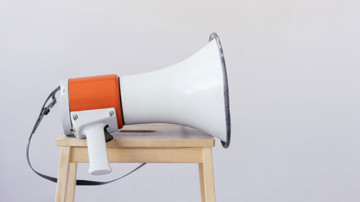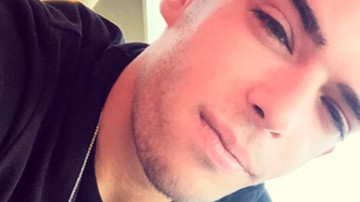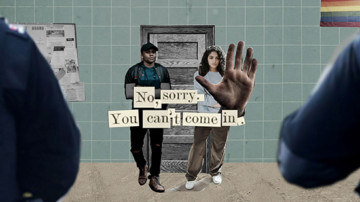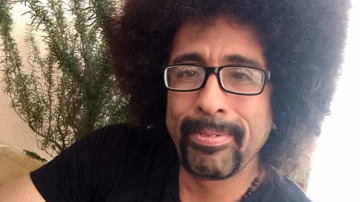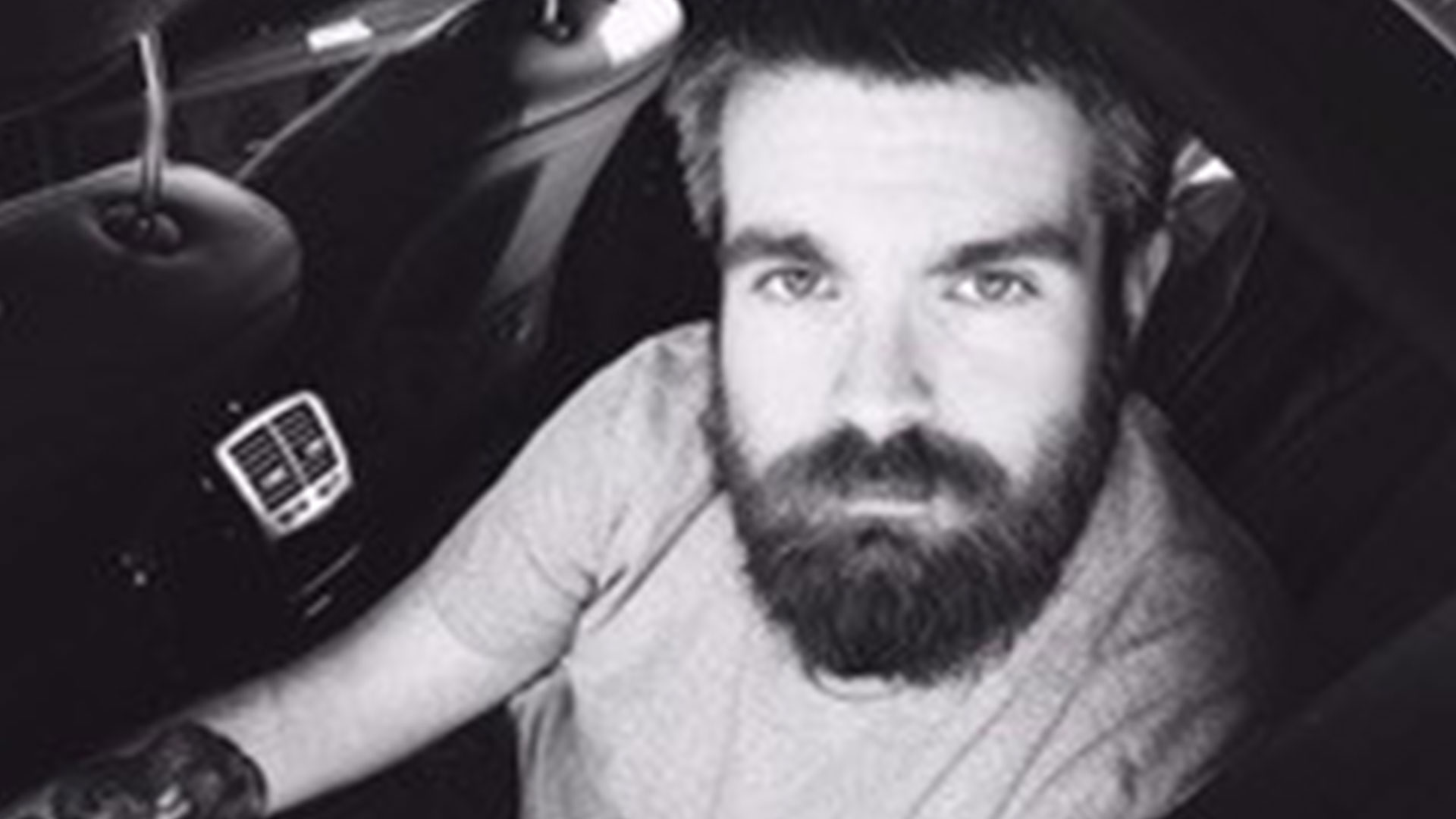
In my personal experience with using drugs, I believe that the most interesting take I can approach is talking through my very recent experience with contacting harm reduction services, and actually working in a mobile drug consumption room (MDCR). But before we reach that, I think it would be insightful to write a bit about my life and my relationship with drugs.
I was born in Amadora, where I lived until I was 22, in the suburbs of Lisbon and in a marginalised area with a lot of criminality. I was an only child, and lived in the same house with my parents until I decided to move to London. I was raised in a catholic school, wearing uniforms and trying to blend in as much as possible, but my queerness was always quite conspicuous and therefore I always stood out from the crowd. I went to that school from the age of 10 to 15, where depression and anxiety hit me hard because of heavy bullying and an overall feeling of not belonging in that environment whatsoever. I barely spent any time at home, which made me have a quite distant relationship with my parents. So I’ve had quite an isolated childhood – I was always left alone with my problems, and didn’t manage to ask for much help. I eventually did ask for help when I was 15 with the school’s psychiatrist and she had a conversation with my parents, but there was little done back then to address my mental health issues.
When I was 16, I moved to a public school and things got a bit better for my mental health. I was free from the uniforms I had been wearing, both mentally and physically. I could start experimenting with my identity for the first time and had friends at school, also for the first time, and I underwent a quick transformation. It was at this point that drugs started to appear around me, and I got extremely curious about them and what people can get through them. So I started to drink during nights out with friends, and I was always the one who got most drunk. I was really enjoying the sense of freedom I had after a couple of shots, but I never stopped at those first shots. I would always overdo it. Then, at 17, another new school, more new friends, and pot. I was smoking daily and I would smoke to a point where I couldn’t stand up and go to class. Looking back, this made sense because I was studying science when in reality all I really wanted to study was arts, so I was escaping the inevitable failure at school. After failing that school year, I decided to challenge my parents’ judgement and, at 18, I went back to study arts. And this was the happiest moment of my childhood (if you can still consider an 18 year old, a child!). And new drugs to experiment with – MDMA, ecstasy, and the then legal highs like cathinones, that you could buy in a corner shop in Bairro Alto, in the center of Lisbon where I used to hang out a lot. I was using heavily, escaping my childhood trauma and pretending everything was fine while filling an internal void that was always hungry for more drugs.
After this period where things were a bit out of control, I enrolled at university and started studying fashion design, and started a relationship with a guy – that period lasted four years. I stopped using drugs all of a sudden, and I was laser focused on my studies and my boyfriend. But that period was short, and at 22, one year after graduating, I decided to move to London to get some work and life experience. By that time, the relationship I had was gone, and I started to engage with the chemsex scene. This is when my drug use started to have really negative effects on my life, even though I managed to work, to study further in a masters degree in textile design and at the same time became a drag queen and a nightlife events producer. But the drugs gained more and more space, to a point where they controlled my life. It wasn’t about what I was getting from drugs, but to escape from my poor mental health and the inability to regulate any emotions.
At 28 I ended up in the hospital with major psychosis after a drug binge. Then, I decided it was time to move back to Lisbon. I had to come clean with my family about my problems with addiction, and they were as supportive as they could be. Back in London I had had contact with multiple services that helped people that were dealing with addiction, but none of them were ready to manage a case related to chemsex. I have been part of Crystal Meth Anonymous and Narcotics Anonymous and they did help me become sober for over a year, since I thought sobriety would be the only way to go.
But in June 2020 I applied to work in a mobile drug consumption room (MDCR), since I had experience with injecting drugs. I then became a peer worker and had my first real contact with harm reduction and with services that were not sobriety based. I’ve learned more about drugs and consumption in this last year that I’ve done my whole life, even after engaging with drugs for more than 14 years. I have started to look at drug use as a part of being human, and most of the guilt I had over using drugs was gone. I couldn’t work where I work and tell users of this service that they should be ashamed of their use, therefore I couldn’t say that to myself anymore. I listened to their stories and I related to so many of them in so many different ways, that it totally changed my idea of what my use “should be”. I’ve also learned a lot about how to consume safely and I am part of a great team that is on the field daily, actively listening to the people that come to our services and help them exactly where they are, and managing their difficulties though the lenses of harm reduction philosophy.
Reflecting on this, I decided to create the first community-based project around chemsex in Portugal, which is a monthly reunion where people can come and share their stories, worries and whatever topics they decide to approach, in an open and non-judgemental space. I believe that there is a need of specialised services for certain groups and chemsexers are one of them, since the services that already exist to treat people who have or think they have problems with addiction, are not catered for different profiles of users, and are very much heroin user-based. So having people like peer workers in key projects is definitely fundamental to ensure that services can have a broader impact.
Photo: João
João’s story was originally compiled by GAT (Grupo de Ativistas en Tratamentos). His story has been edited for clarity.
More stories from Portugal
More stories about Harm Reduction
